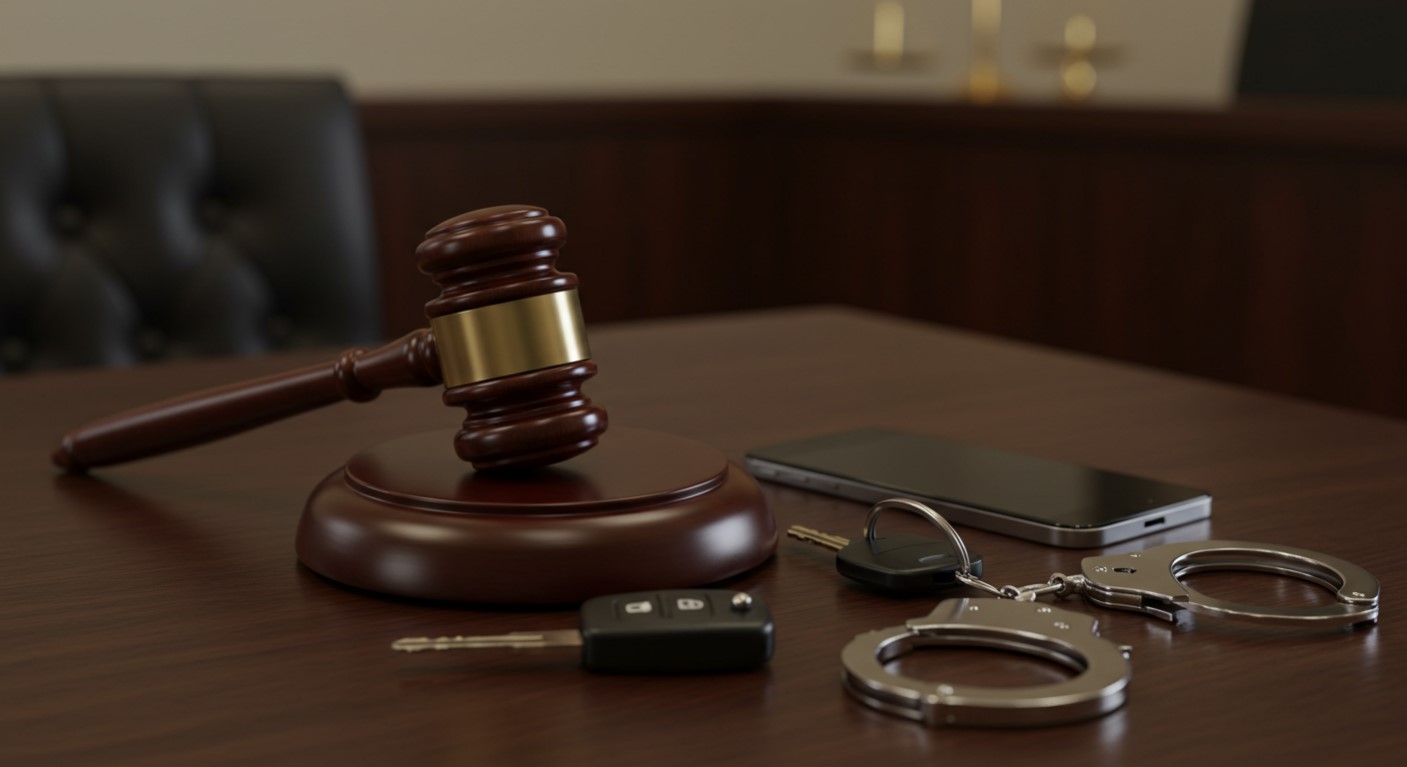The Legal Implications of Failing to Check Tachometers in England: Offences and the Need for Legal Advice

The Legal Implications of Failing to Check Tachometers in England: Offences and the Need for Legal Advice
In the transportation industry in England, strict adherence to tachometer regulations is a crucial aspect of legal compliance and road safety. A tachometer records driving times and rest periods, helping enforce laws designed to prevent driver fatigue and overwork.
Neglecting to check, maintain, or properly use a tachometer is not a trivial oversight—it carries the risk of legal prosecution.
This article aims to delve into the potential legal implications of failing to check tachometers, highlight the specific offences associated with this failure, and emphasise the critical role of legal advice in these situations.
Can You Be Prosecuted for Failing to Check a Tachometer?

Indeed, drivers and employers can face legal action for failing to properly manage tachometers. The law mandates accurate recording of driving hours to prevent driver fatigue—a major cause of accidents.
Tachometers play a key role in this process. When these devices are not regularly checked or calibrated, they can lead to inaccuracies in recording driving hours, thus breaching legal requirements.
Prosecution can arise not only for direct manipulation or falsification of records but also for negligence in ensuring the device’s proper function and compliance with the law.
Offences Related to Tachometer Neglect
The legal framework governing tachometer usage outlines several offences:
- Falsifying Records: Deliberately using a faulty tachometer or tampering with its records to hide violations of driving hours is a criminal offence. This act of falsification is taken seriously due to its implications for road safety.
- Overdriving: If a tachometer isn’t checked and it fails to record driving hours accurately, it might result in unintentional overdriving. Exceeding permitted driving hours, even unknowingly, is a legal offence that carries penalties.
- Negligent Maintenance: Regular maintenance and checks of tachometers are legally required. Neglecting these duties can be construed as negligence, leading to prosecution if this negligence contributes to legal violations or accidents.
- Non-Compliance with Regulations: Both drivers and their employers are legally obligated to ensure compliance with tachometer regulations. Ignorance or oversight is not considered a valid defence, and non-compliance can lead to serious legal consequences.
Why Legal Advice is Crucial

The importance of seeking legal advice in these matters cannot be overstated:
- Understanding Legal Obligations: Legal advisors can clarify the complex regulations surrounding tachometer use, helping clients understand their responsibilities and avoid inadvertent violations.
- Navigating Legal Proceedings: Facing legal proceedings can be overwhelming. A lawyer specialising in transportation law can guide clients through the process, ensuring they understand their rights and options.
- Mitigation and Defence: An experienced solicitor can argue for mitigating circumstances or technical defences, potentially reducing the severity of penalties or even securing acquittals in certain cases.
- Advising on Compliance: Legal professionals can advise on best practices for maintaining compliance with tachometer regulations, thereby preventing future legal issues.
- Protecting Livelihoods: For many in the transport sector, legal issues related to tachometer compliance can threaten their professional and financial stability. Expert legal advice can help safeguard against this risk.
Conclusion: Legal Implications of Failing to Check Tachometers

In England, the legal implications of failing to adhere to tachometer regulations are significant and far-reaching.
The potential for prosecution underscores the seriousness with which these regulations are enforced. In such a regulatory environment, the value of professional legal advice cannot be overstated.
Legal experts not only provide crucial guidance through potential prosecutions but also offer preventative advice to ensure ongoing compliance with the law.
For individuals and businesses in the transportation sector, this legal counsel is an indispensable resource in maintaining lawful operations and protecting their professional interests.
Notice: Informational Content Disclaimer
The content provided on this website, including articles, blog posts, and other informational materials, is intended for general informational purposes only. It is not intended as, and should not be considered, legal advice.
Visitors to this website should be aware that the information presented here is not a substitute for seeking legal advice from a qualified solicitor or legal professional. Each individual's legal situation is unique, and the information provided may not be applicable to specific circumstances.
If you require legal advice or have specific legal questions, we encourage you to contact us directly. Our experienced team of solicitors is here to assist you with your legal needs and provide tailored advice to address your concerns.
Please be advised that any communication through this website, including the use of contact forms or email, does not create a solicitor-client relationship. Confidential or time-sensitive information should not be sent through this website. To establish a solicitor-client relationship and discuss your legal matters in detail, please contact us for a consultation.
We strive to provide accurate and up-to-date information, but we make no representations or warranties regarding the accuracy, completeness, or suitability of the information contained on this website. We shall not be liable for any reliance placed on the information provided herein.
Thank you for visiting our website. We look forward to the opportunity to assist you with your legal needs.




